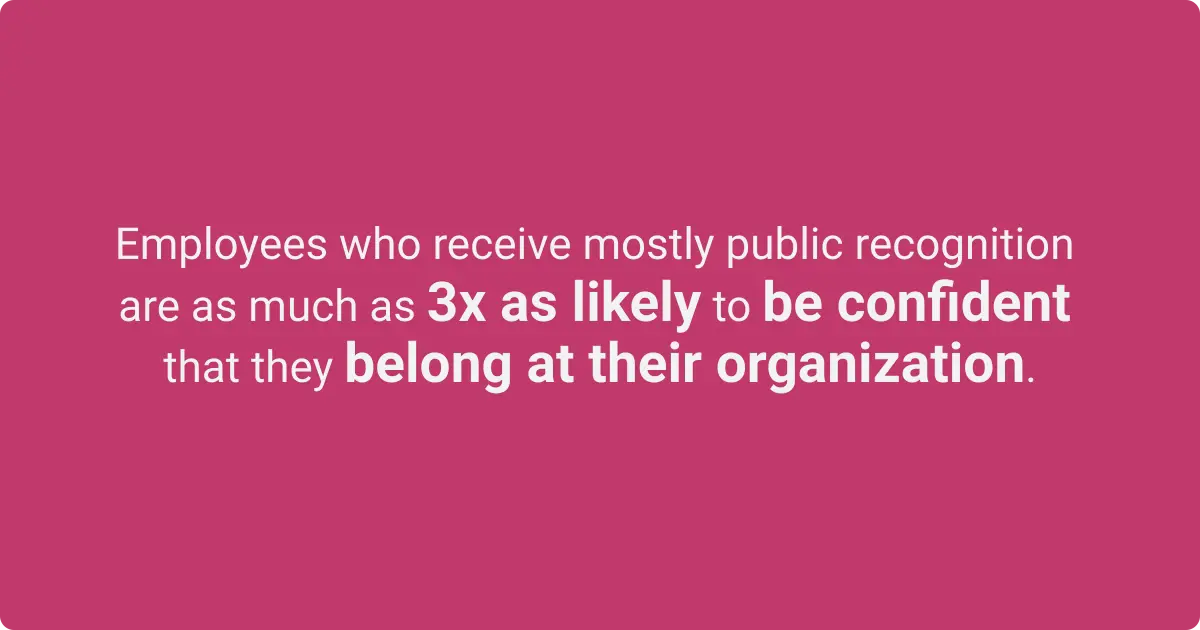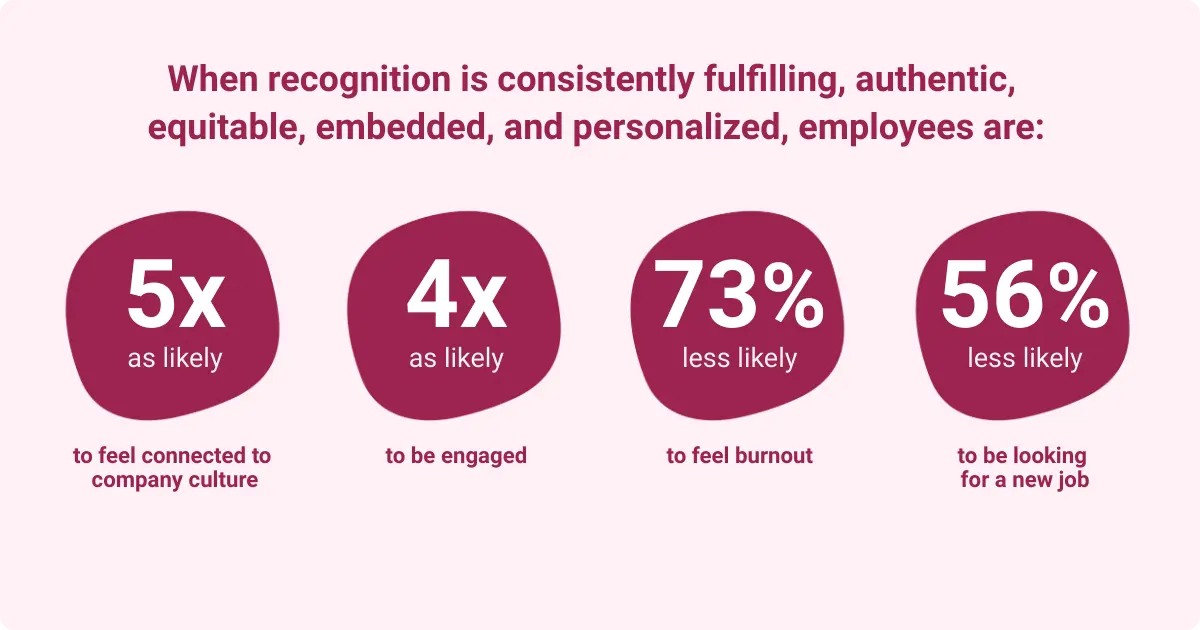Common Behavioral Interview Questions to Measure Soft Skills
Table of contents

As technology rapidly evolves, skill gaps and emerging roles are reshaping the job market, placing a premium on candidates with strong soft skills. These human-centric abilities, such as communication, empathy, and teamwork, are valuable in a world increasingly driven by automation, making them indispensable for success in today's workplace.
However, assessing soft skills during an interview is challenging as they aren’t quantifiable or easy to measure, like technical skills. That's where behavioral interview questions become helpful.
Keep reading to learn common behavioral interview questions to ask during an interview and what to listen for when they are answered.
Why are behavioral interview questions so crucial during the interview process?
The way a candidate answers a behavioral interview question gives hiring managers insight into how a situation was handled in the past, allowing them to predict how they might act in the future. In fact, behavioral interviews are said to be 55% predictive of future on-the-job behaviorOpens in a new tab, compared to only 10% for traditional interviews.
As we know, bad hires cost time and money,Opens in a new tab, which means it is crucial to find ways to evaluate job candidates effectively. Hiring candidates with strong, soft skills increases your opportunity to develop high performers and boosts your internal talent mobility and retention.
Unlike hard skills that are technical and specific to a role, “soft” competencies like collaboration, teamwork, problem-solving, and adaptability are transferable skills.
Before we explore common behavioral questions, let’s learn how candidates are coached to answer behavioral interview questions so you’ll understand as an interviewer what a strong answer sounds like. Interview preparation articles encourage candidates to use the STAR method when answering behavioral interview questions. STAR stands for:
- Situation: Describe the context of the situation.
- Task: Explain your role and responsibilities in the situation.
- Action: Detail the steps you took to address the situation.
- Result: Summarize the outcome of your actions and the impact it had.
It’s helpful for hiring managers or interviewers to understand the components to look for, such as personality signals, emotional intelligence, and the ability to learn. Additionally, taking time to understand the job description can help both interviewers and candidates prepare for these questions by aligning their responses with the specific requirements of the role.
Collaboration and teamwork questions
Tell me about a time when you had to work on a team with someone whose work style was different from yours.
Use this question to gauge a candidate’s adaptability, communication, and conflict-resolution skills. The candidate’s response reveals how they navigate differences, collaborate effectively, and maintain professionalism, especially when managing multiple projects simultaneously.
It also highlights their ability to understand diverse perspectives and find common ground, which is essential for a harmonious and productive team environment.
Tell me about a successful team effort you were part of. What made the team work well together, and what was your role in that success?
An interviewer can assess a candidate’s teamwork, leadership, and collaboration skills from the way they answer this question. For example, working with a research team can highlight a candidate’s ability to collaborate and contribute to a collective goal.
The answer reveals their ability to contribute to a team, foster a positive work environment, and effectively communicate. Their response will reveal their role in achieving success, showcasing their initiative and ability to work harmoniously with others.

Here are five ways leaders can promote and amplify employee wellbeing in the workplace with recognition, plus tips and tricks to make sure it sticks.
Describe a time when you faced a conflict within your team. How did you handle it, and what was the outcome?
By sharing their experience with conflict, candidates reveal their problem-solving skills, communication style, emotional intelligence, and ability to find common ground. You can learn if they're a team player, how they handle pressure, and if they can turn a negative situation into a positive outcome.
Problem-solving and decision-making questions
Describe a time when you had to make a difficult decision with limited information. What was the outcome?
The answer to this question helps you assess a candidate’s resourcefulness, adaptability, and communication habits. Did they attempt to seek out more information? Did they reach out to the clients or colleagues who might be affected by their decision and run through scenarios?
Can you describe a time when you faced a complex problem at work? How did you approach solving it?
A strong answer to this question will include a scenario with context, steps taken, and a timeline. This question helps identify candidates who can effectively navigate complex situations and provide innovative solutions. It’s likely you’ll also get a glimpse of the candidate’s interpersonal skills when they answer this question, as most problems involve other teams, colleagues, or clients.
Look out for vagueness and an inability to tell a complete, clear story. If you’re having trouble following along, and follow-up questions don’t clear things up, it’s likely they will trip up when faced with another problem, as they aren’t even sure how to articulate their past challenges.
Describe a time when you identified a potential issue before it became a problem. What steps did you take to address it?
The way the candidate answers this question gives the interviewer a glimpse into their level of perceptiveness and initiative. If a candidate can’t come up with a detailed or strong example, it’s likely they don’t typically try to change processes or problems unless asked.
Leadership and initiative questions
Describe a time when you had to motivate and inspire a team to achieve a goal. How did you approach this?
Can they tell a compelling story? Do they focus on the team or themselves? A good answer highlights their ability to connect with people, build trust, and inspire action. Red flags include boasting, blaming others, or lacking concrete examples. Look for someone who can articulate how they understood their team's motivations, set clear expectations, provided support, and celebrated successes.
Can you describe a time when you took the lead on a project? What steps did you take to ensure its success?
This question helps uncover a candidate’s leadership, problem-solving, and communication skills. A strong example answer might include details about how the candidate planned, delegated tasks, and proved the project’s success.
Listen for how they structured the project, involved others, handled challenges, and measured success. A strong answer will highlight their ability to plan, delegate, and collaborate while demonstrating ownership and results orientation.
Tell me about a time when you faced resistance to a new idea or project. How did you overcome challenges and build consensus?
Here, an interviewer can gauge a candidate's persuasion, resilience, and teamwork skills as part of the recruitment process. A good answer shows proactive problem-solving and effective communication. Red flags include dismissing others’ concerns or showing inflexibility.
A strong response highlights listening, addressing objections, and fostering collaboration to achieve a shared goal.

Adaptability questions
Can you describe a time when you had to adjust to a significant change at work? How did you handle it?
Listen for signs of ownership, such as, “Although this wasn’t a factor from the beginning, I knew it was my responsibility to do X, Y, Z…” Candidates' answers to this question will give clues to how they solve problems, persevere, and communicate.
If the candidate places blame on external factors or another team member, they might lack accountability in the future. A pessimistic attitude towards change is another red flag.
Tell me about a situation where you had to learn a new skill or technology quickly. How did you approach the learning process?
How a candidate answers this question will tell you about their resourcefulness and learning agility. Proactive behavior such as signing up for courses, seeking development opportunities, requesting a budget to attend training, or seeking a mentor to learn all signal a growth mindset. These are green flags when answering this question.
If the candidate sounds disinterested or annoyed about learning a new skill, they will likely resist change. They also likely lack initiative if they rely on others for guidance or don't take ownership of the learning process.
Can you provide an example of how you adapted to working with a new team or manager?
If a candidate responds to this question with empathy, understanding, and warmth, they likely have strong emotional intelligence. Pay attention to signs that the candidate takes a team-forward approach and values support and collaboration.
Watch out for a candidate who seems annoyed, closed-off, or negative. Although they may have been thrown into a bad situation (we all encounter difficult people throughout our careers), how they reflect on the situation shows their adaptability and open-mindedness.
Communication skills questions
Describe a situation where you had to communicate across different departments or teams. How did you ensure clear and effective communication?
This question allows interviewers to evaluate a candidate's communication skills, interpersonal abilities, problem-solving skills, and project management capabilities.
If the candidate's response is vague, it may indicate a lack of experience or insight. Ask follow-up questions to see if taking a different approach will prompt them to provide more detail about their thought process.
Can you describe a time when you had to explain a complex concept to a colleague or client? How did you ensure they understood?
The answer to this two-part question should be thorough and concise. Sample answers can help candidates prepare to explain complex concepts clearly and concisely. Hopefully, the candidate can explain to the interviewer the same complex concept they had to educate others about.
How the candidate responds gives the interviewer an inside look into how they organize their thoughts, communicate, and consider a job well done (in this case, if the client or colleague understood their explanation). Red flags in this scenario include a vague response and an inability to explain how others understood their reasoning.
Can you share an example of a time when you received critical feedback and how you responded?
Here, you can assess how receptive, forward-thinking, and humble a candidate is. A candidate who can admit to receiving critical feedback and has found a way to learn from it, perhaps through an emotional intelligence activity, is likely to have strong emotional intelligence and a growth mindset.
A candidate struggling with communication might sound angry or defensive when recounting a critical feedback example or deny that they've ever received tough feedback.
Giving and receiving feedback isn't easy, but it is incredibly impactful when done thoughtfully.
Use these 9 Tips for Giving Feedback (Without the Stress) to get started.
Time management questions
Could you share an example of a time when you successfully managed your time under pressure?
The way the candidate answers this question gives you insight into their project and stress management skills. Are they able to describe how they pushed through the challenges they faced? How did they balance their workload and the stress? Do they speak highly of others who stepped in to help them, or are they blaming external factors or other colleagues for what went wrong?
Tell me about a time when you missed a deadline. What happened, and what did you learn from it?
How a candidate responds to this question will reveal their level of perseverance and resilience. This question goes beyond how a candidate manages their time and gives clues about their emotional intelligence. Are they able to admit where they went wrong? Can they articulate how they would meet the deadline if they were in the same scenario again?
Can you provide an example of how you planned and organized a project to ensure it was completed efficiently?
Along with insight into a candidate’s time management, how the candidate answers this question will help you assess their project management skills. A solid response to this question will be clear, detailed, and positive. A candidate who can address roadblocks and recount how they worked with others will likely be a good, trustworthy teammate.
Wrapping up
Behavioral interview questions are your window into a candidate's true colors. They offer a realistic glimpse into how someone actually behaves under pressure, collaborates with others, and overcomes challenges. Pay close attention to their stories – they reveal more than just skills; they showcase personality and potential fit for your team.
About the author
Alicyn Zall
Alicyn Zall is a writer dedicated to creating a more equitable and fulfilling workplace. With a focus on actionable, data-driven insights, her work empowers individuals and organizations to foster positive change. In addition to her contribution at Workhuman, Alicyn has served as an editor at Harvard Business Review where she developed books and articles about mental health and the future of work.